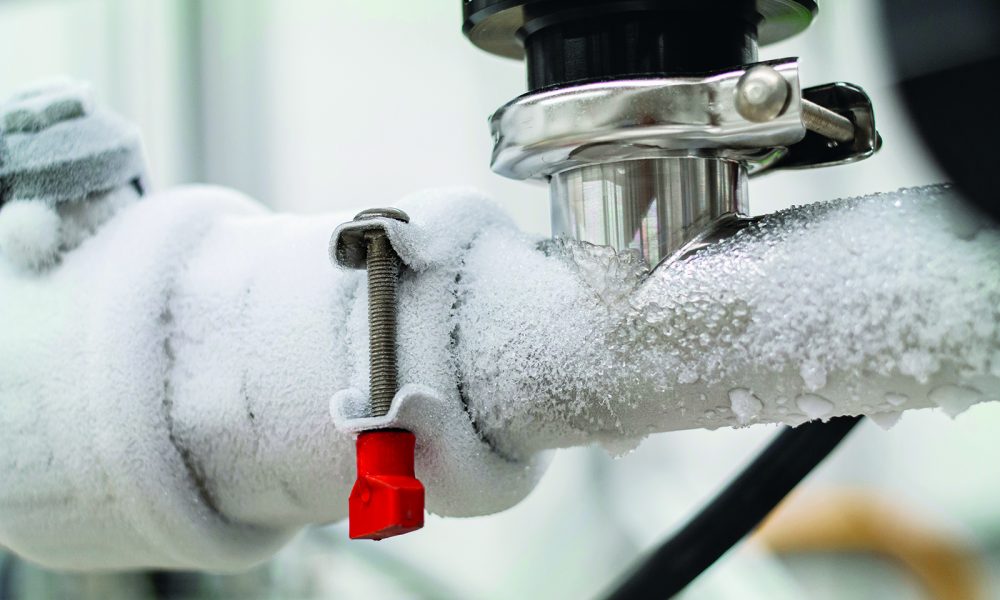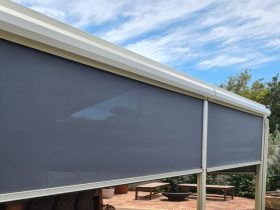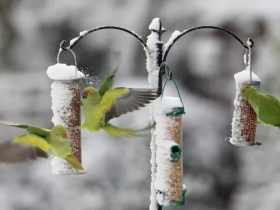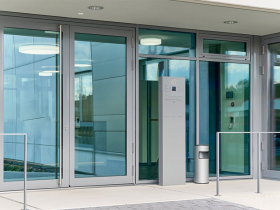Waking up on a frosty morning to find your pipes frozen is a homeowner’s worst dread. The daunting aftermath, ranging from loss of water supply to substantial home damage, can be a tough pill to swallow. But what if you could have been averted this disaster with just a bit of forward planning? Enter insulation – the frontline defence against frozen pipes.
The Reality of Frozen Pipes
Frozen pipes might sound like a trivial matter, especially if you picture it as mere ice inside a tube. But the truth of ice in the tubes and the repercussions are far from insignificant.
The Role of Insulation in Thwarting the Freeze
Understanding the mechanics of insulation can prove to be a revelation for many. This section highlights why insulation is a key solution for the bothersome problem of freezing pipes.
Retention of Heat
At its core, insulation is all about conserving warmth:
- Proper insulation around your pipes means they remain warmer for longer, irrespective of how cold it gets outside.
- This intrinsic warmth ensures that the water in the pipes doesn’t reach freezing point, thus keeping it fluid and moving.
As a result, the daunting expansion scenario, where ice bursts open your pipes, is successfully avoided.
Energy Efficiency and Cost Saving
While the primary goal is to prevent freezing, insulation comes with additional benefits:
- A well-insulated system reduces the energy required to heat water, leading to energy efficiency and lowering your carbon footprint.
- Over time, this translates to notable savings on energy bills, making insulation a wise long-term investment.
Guarding Vulnerable Areas
Certain areas in a home are more susceptible to cold, such as basements, attics, and external walls. Recognising and insulating these danger zones can make a huge difference.
- External wall pipes, for instance, are exposed to the direct cold and demand robust insulation.
- Basements and cellars, being underground, can get incredibly chilly in the winter. Shielding pipes in these zones is non-negotiable.
Prevention of Condensation
Even if pipes don’t freeze, cold pipes can lead to another issue: condensation. This can result in:
- Water dripping from pipes, causing potential water damage.
- The formation of mould, which leads to health concerns.
- Insulation keeps pipes warm, thus averting condensation build-up.
Choosing the Right Insulation
Not all insulation is created equal. For optimal results, consider the following:
- Material: Foam, fibreglass, and polyethene are popular choices. Each has its merits and suitability based on the pipe’s location and exposure.
- Thickness: Thicker insulation provides better protection, but it’s crucial to ensure it fits snugly without gaps.
- Professional Advice: Contact a professional plumber to assess your home’s unique needs. They can provide insights into your pipes’ best insulation type and method.
Summary
In the battle against frozen pipes, insulation emerges as the undisputed champion. An essential blend of protection, cost-saving, efficiency, and simple to install, it’s the shield every homeowner needs to brace their property against the chilling grasp of winter. Before the cold sets in, assess your home’s insulation needs – your home and its occupants, free from the hassle of frozen pipes, will thank you.











